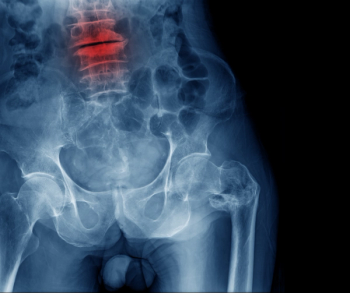
A new study found that approximately one-third of men with prostate cancer were diagnosed with at least one vertebral fracture prior to the initiation of androgen deprivation therapy (ADT).

A new study found that approximately one-third of men with prostate cancer were diagnosed with at least one vertebral fracture prior to the initiation of androgen deprivation therapy (ADT).

Review the case study and test your knowledge to make the correct diagnosis.
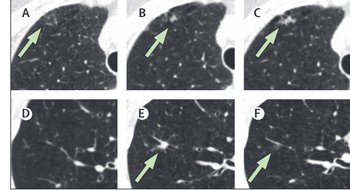
From incidental findings and screening for chronic obstructive pulmonary disease (COPD) to surveillance imaging protocols and the advent of artificial intelligence (AI), the authors of a new meta-analysis examine insights and emerging trends from the last two decades of research on the use of low-dose computed tomography (CT) in lung cancer screening.

For system errors and failures in radiology, are we prone to a satisfaction of search that prevents us from addressing deeper issues?

Check out the top radiology content of the past week.
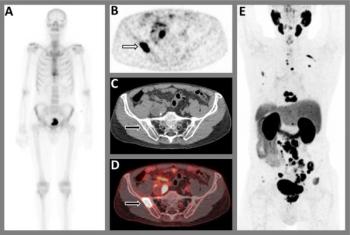
A new comparative study found the use of prostate-specific membrane antigen (PSMA) positron emission tomography/computed tomography (PET/CT) led to treatment changes in nearly 20 percent of patients with high-risk prostate cancer.

In a recent interview from the Radiological Society of North America (RSNA) conference, Mary Yamashita, M.D. discussed a variety of findings from a survey of over 8,000 women about breast density awareness, challenges with current breast density notification after mammography exams, and the ongoing need to educate patients as well as referring providers on breast density awareness.
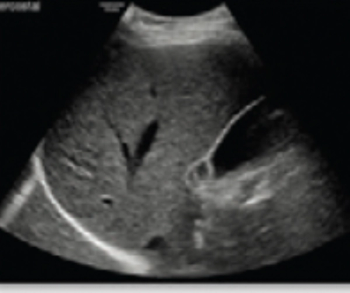
In a new prospective study, an emerging deep learning model, which incorporates parametric mapping with quantitative ultrasound to estimate liver fat fraction, demonstrated a 90 percent sensitivity rate and a 91 percent specificity rate for diagnosing hepatic steatosis in patients with non-alcoholic fatty liver disease (NAFLD).
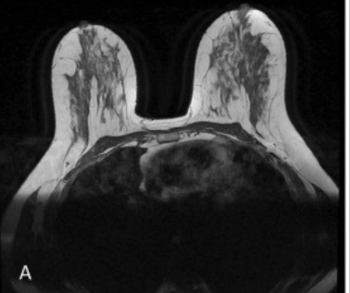
Emerging research suggests that magnetic resonance imaging (MRI) may help downgrade nearly 10 percent of suspected BI-RADS 3 lesions from ultrasound imaging
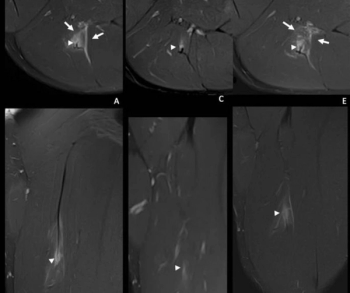
In a study looking at acute muscle injuries in professional athletes, the use of magnetic resonance imaging (MRI) within a week prior to their return to play demonstrated significant re-injury risk with intermuscular edema, callus gap and transversal and/or mixed connective tissue gap.

Review the case study and test your knowledge to make the correct diagnosis.

Is there an optimal pace for navigating the ebbs and flows of our worklists in radiology?
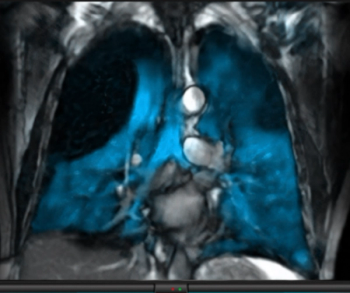
An inhaled contrast agent used with magnetic resonance imaging (MRI), Xenoview™ (xenon Xe 129 hyperpolarized) reportedly provides regional mapping of lung ventilation without patient exposure to ionizing radiation.
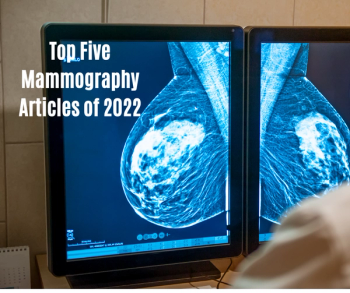
Catch up on the most well-read mammography articles from 2022.

Catch up on the most well-read Eric Postal, M.D.-penned blogs from 2022.

Catch up on the most well-read artificial intelligence (AI) articles from 2022.

Catch up on the most well-read Image IQ quizzes from 2022.

Catch up on the most well-viewed video interviews from Diagnostic Imaging in 2022.

Catch up on the most well-read ultrasound articles from 2022.

In order to alleviate some of the challenges with radiology worklist overload, this radiologist suggests alternative approaches for conveying new imaging requests and priorities.
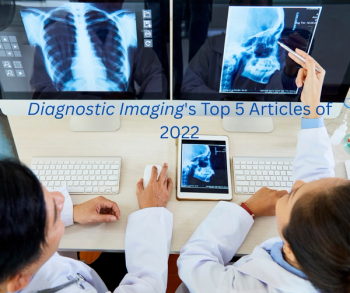
Touching on a variety of topics in radiology, here are the top five most well-read articles from Diagnostic Imaging in 2022.

Check out the top radiology content of the past week.
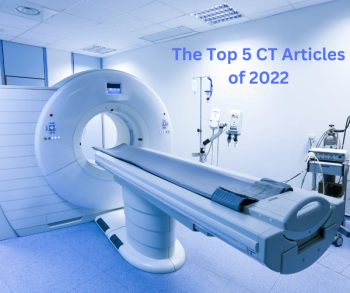
Catch up on the most well-read computed tomography (CT) articles from 2022.

Catch up on our RSNA 2022 interviews with Tessa Cook, MD, Nina Kottler, MD, Eliot Siegel, MD and more.
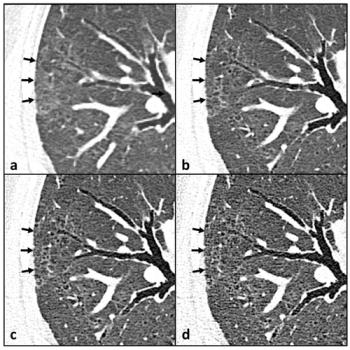
In a recently published prospective study comparing photon-counting detector computed tomography (PCD CT) versus energy-integrating detector CT (EID CT) in patients with persistent symptoms after COVID-19 infection, researchers found that PCD CT discovered additional lung abnormalities in half of the study participants.

Catch up on the top AI-related news and research of the past month.
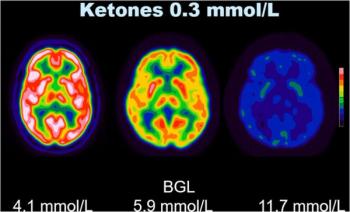
Emerging research suggests that a ketogenic diet reduces the uptake of 18F-fluorodeoxyglucose (18F-FDG) in brain positron emission tomography (PET) scans with a more pronounced effect in the precuneus.

In a video interview discussing one of her recent lectures at the Radiological Society for North America (RSNA) conference, Nina Kottler, M.D., M.S., noted how the combination of artificial intelligence (AI) and radiologist experience can help mitigate bias limitations with the development of AI algorithms as well as educational biases inherent to a radiologist’s training and experience.
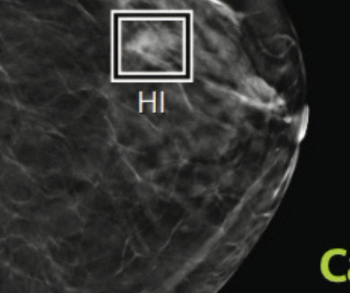
The artificial intelligence (AI) software Saige-Density™ reportedly provides automated assessment of breast density during mammography exams.